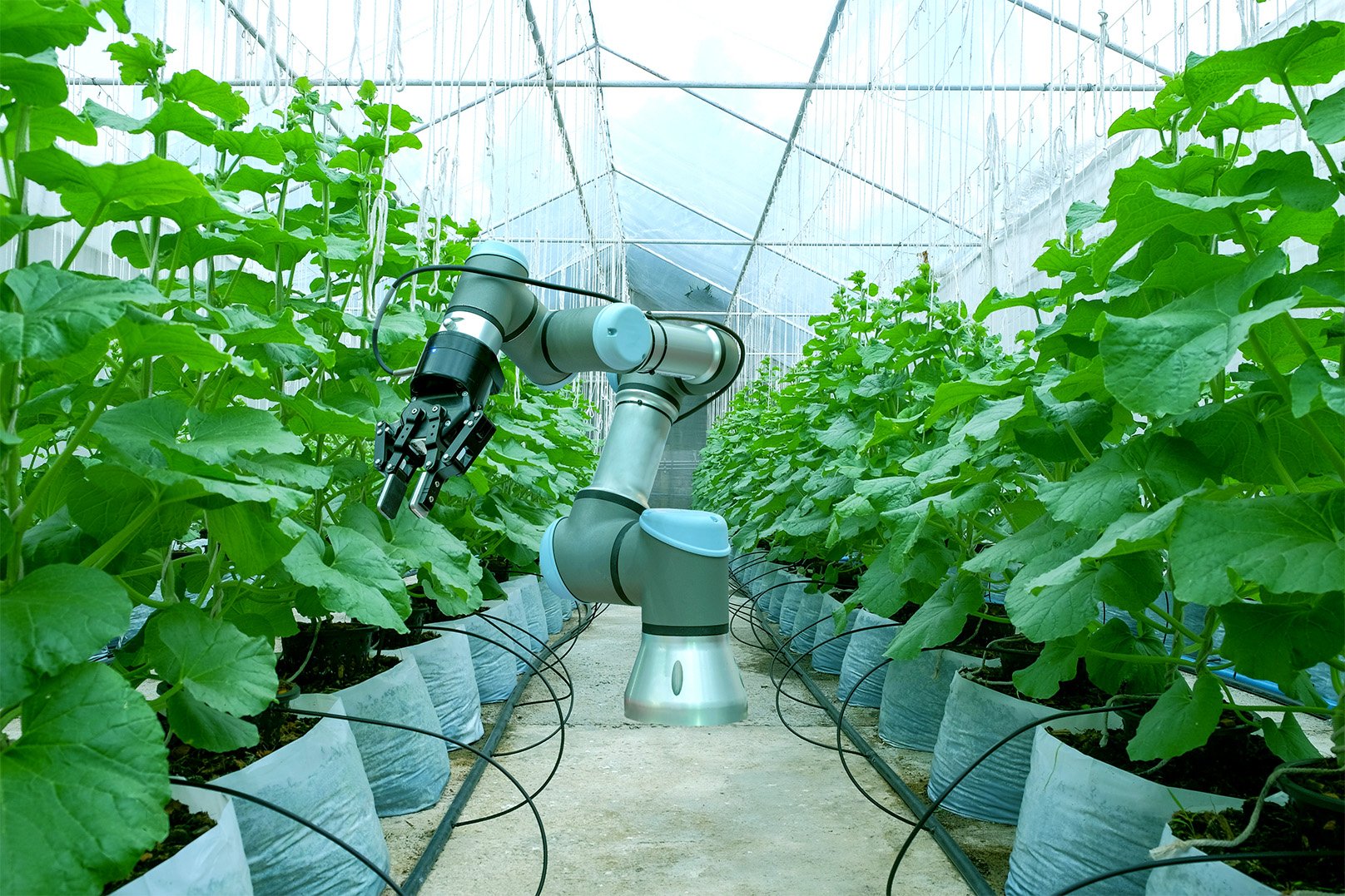To Bee Or Not To Bee
Future Farming Without Insecticides
FUTURE PROOF-BLOG BY FUTURES PLATFORM
Mass death of bees has led to loss of productivity in farmed crops as they do not pollinate the way they used to. To bee or not to bee is ecologically a larger question than this. Recent studies show that a chemical cocktail from farming, including pesticides and insecticides, has spread to wild flora as well. It is possible that future farming will have to become organic to continue.
Scientists have discovered a chemical cocktail to be a likely reason behind the mass deaths of bees. As suspected already for some time, insecticides are a major reason why bees can’t fly, and then die. The EU has a draft bill to ban all Insecticides to be voted on in May. Most recent studies suggest, however that the chemical cocktail that stuns bees is a mix of pesticides and insecticides.
Insecticides have been used in farming for over two decades. Called Neonicotinoids, these chemicals have been suspected and are now proven to be harmful to the bees. The most recent study suggests that the mass deaths, however, are caused by a mix of as a cause to mass bee deaths.
A Cornell University study from late April 2017 shows that bee colonies accumulate pesticides, which are spread to nature besides farmed crops. Wildflowers contain a cocktail of chemicals used in farming, and so do bees.
Scott McArt comments on phys.org, “Surprisingly, there is not much known about the magnitude of risk or mechanisms of pesticide exposure when honeybees are brought in to pollinate major agricultural crops.”
What these studies show is that chemicals used in farming spread widely to the ecosystem. The death of bees is an indicator that was noticed because they are pollinators of farm crops, and crops have been decreasing because bees are not there to do their job.
United Nations report argues that pesticides are not needed to feed the world. Pesticide companies and many farmers who have used them for decades disagree.
If the EU, despite resistance from countries like the UK, bans insecticides, it is a significant step to reduce the impact of farming on bee colonies. However, it is only one of the components of the harmful chemical cocktail that influences bees, and wider ecosystems. Not surprisingly, after Trump came to the Oval Office, what is left of the EPA (Environmental Protection Agency) has stepped away from banning pesticides harmful to bees.
Is it possible that farming will have to become organic in order to continue? In fact, farming, as we have known it over the last decades, will go through a radical change. If this becomes imperative, it opens up a new vast field for research, the market for clean farming tech, and potentially shifts the types of crops that will feed us and future generations.




In the era of curated experiences, food personalisation is on the cusp of becoming the next big health and wellness solution – but at what price for the consumer, and at what cost to those experiencing food insecurity? Can the industries involved collaborate to efficiently bring these bespoke foods to market without exacerbating (or possibly even alleviating) the global food shortage?